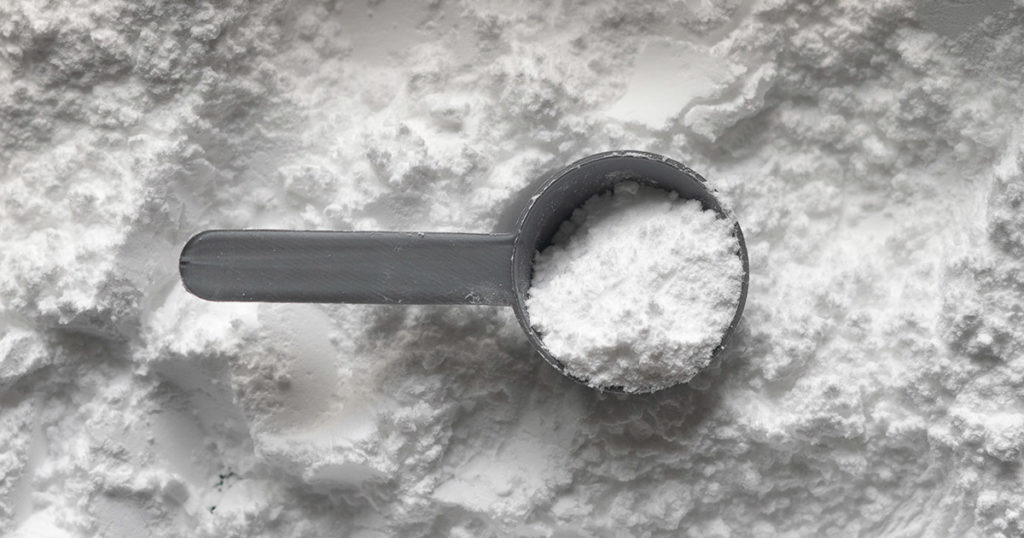Something I see commonly in practice is well meaning owners prescribing supplements to help with a particular health or performance issue in their horse. One of the most commonly misused classes of supplements in the horse are ‘blood builders’.
Whilst iron deficiency in humans is an all too common problem, in our horses it is fairly rare. When it occurs, it is not usually due to an insufficient intake of iron in the diet. Instead it generally occurs due to low-grade, longterm blood loss (the causes of which deserve to be written about in a separate post). Losing large amounts of blood in an acute injury/health complication are also a cause.
One of the most commonly seen scenarios I see in practice is when trainers and riders give horses iron supplements in response to a horse performing poorly or a horse which has had an infection (viral or bacterial). Iron is perhaps the most important micronutrient required for bacteria to proliferate and cause disease. Viruses also depend on iron in order to efficiently replicate.
It is important to remember too that iron is needed by inflammatory cells. Any condition a horse has where there is significant inflammation (Equine Asthma, placentitis, sesamoiditis, ligament or tendon damage, endometritis- just a few examples!) could be further worsened by iron supplementation.
Takeaway messages:
- By supplementing iron in the poor performing horse/horse that has a ‘virus’ or infection, or any significant inflammatory process, chances are you are making the condition worse.
- ‘Natural’ supplements aren’t always safe/appropriate/indicated
- Get professional advice to help identify and address the cause(s) of the poor performance/challenging health condition in your horse.

Camilla Whishaw is a highly regarded, experienced horsewoman and naturopath, helping to holistically treat and manage a broad range of equine health conditions and injuries, with a passion for mare and stallion fertility.
As a world-renowned practitioner, presenter, author, and consultant in the field of Equine Naturopathy, Camilla shares her knowledge through keynote presentations, interviews, lectures, panel sessions, and workshop training.





